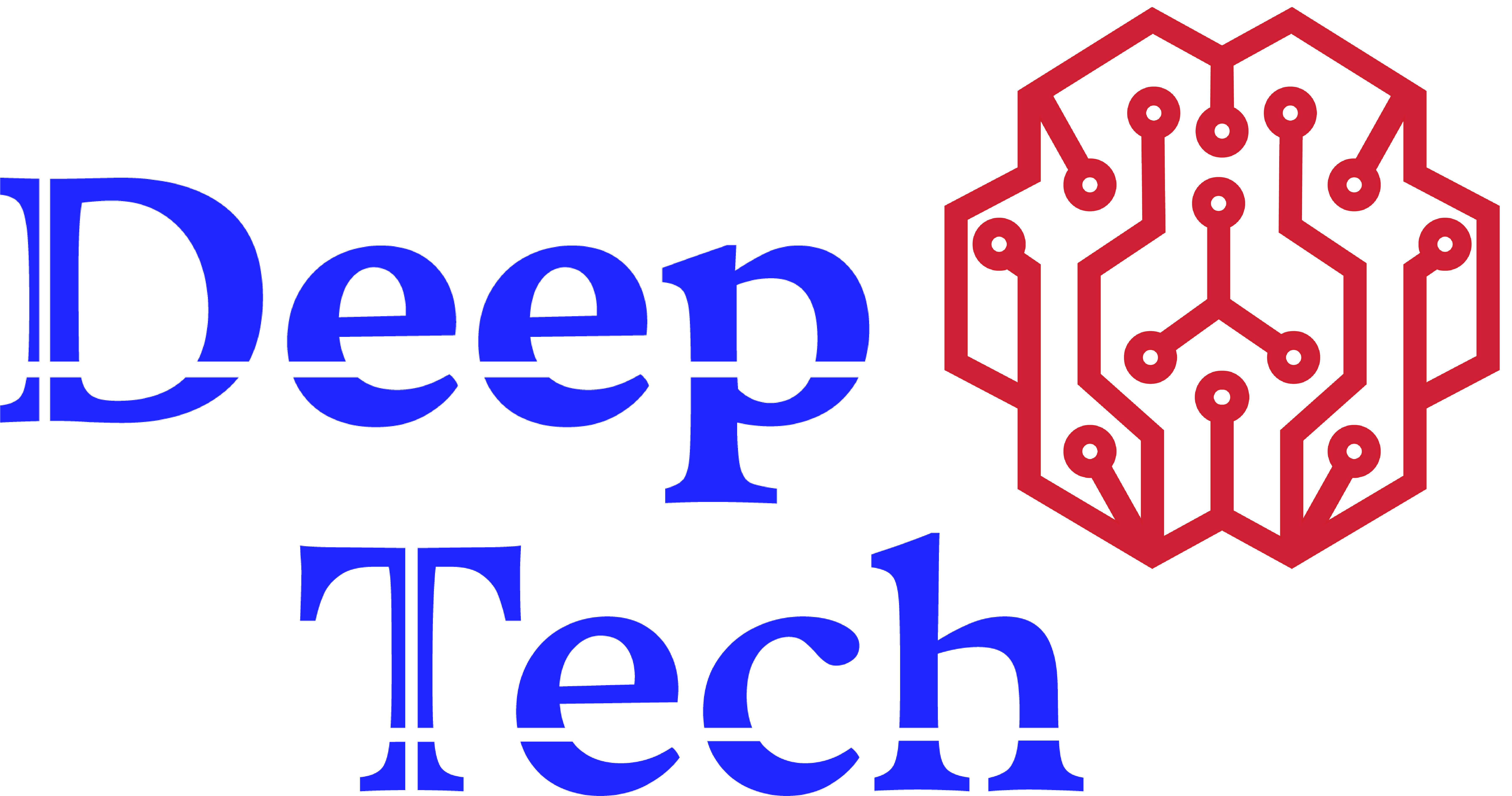
Today, companies are faced with some compelling new choices, like robotic process automation (RPA), artificial intelligence (AI), machine learning (ML), blockchain and Industrial Internet of Things (IIoT), to name a few. Corporate Leaders have the daunting task of deciphering what these buzzwords mean, understanding what is relevant to their business and determining which technology to invest.
It’s important that Leaders have a foundational knowledge of digital transformation because they will rely on digital business to make their numbers. It will be hard for Leaders to lead digital initiatives if they don’t understand digital clearly. A lack of understanding can result in misdirection of efforts and painful experiences, and ultimately place the organizational transformation goals in jeopardy.
Concepts Covered in our Training Program
What is AI and how it relates to other advanced technologies:
What is AI
Types of AI
Goals of AI
Applications of AI
Pattern Recognition
Technology behind AI:
What are machine learning and deep learning?
Different types of machine learning
Examples of machine learning
What is driving the rise of AI?
Technologies driving the rise of AI:
What is driving the rise of AI
Structured Vs Unstructured Data
Cloud
IoT
Industry 4.0:
IoT and Industry
Smart factory
Predictive maintenance
Robotics Process Automation:
What is RPA
Is RPA really AI
Intelligent Automation
Task Vs Workflow Automation
Case Studies:
Fraud Detection
Improving the Forecasting Process
Face Detection and Social Distancing Management
Intelligent Automation
AutoML:
What is Auto ML (No code machine learning)
How to predict churn using AutoML
Conclusions

In general terms, digital transformation can be thought of as integration of digital technology into all areas of a business resulting in fundamental changes to how businesses operate and how they deliver value to their stakeholders (employees, vendors, customers, etc.) to help the organizations compete effectively in an increasingly digital world.
In many ways, digital transformation is a misnomer, because digital is not all about technology. Digital transformation is about solving a business problem or developing a new approach where the technology is an enabler and never the driver. It is about how a technology can help a company rethink the way in which it conducts business and change the stakeholders’ (customers, vendors, employees) experience, and it’s about adaptation. This sometimes means walking away from longstanding business processes that companies were built upon in favor of relatively new practices that are still being defined.
Another key point to note with digital transformation is that it is not a one and done exercise; rather, it is a mindset, a paradigm shift that allows the organizations to continually improve and ultimately develop a level of digital maturity in order to keep up with the rapidly evolving technological advances.
